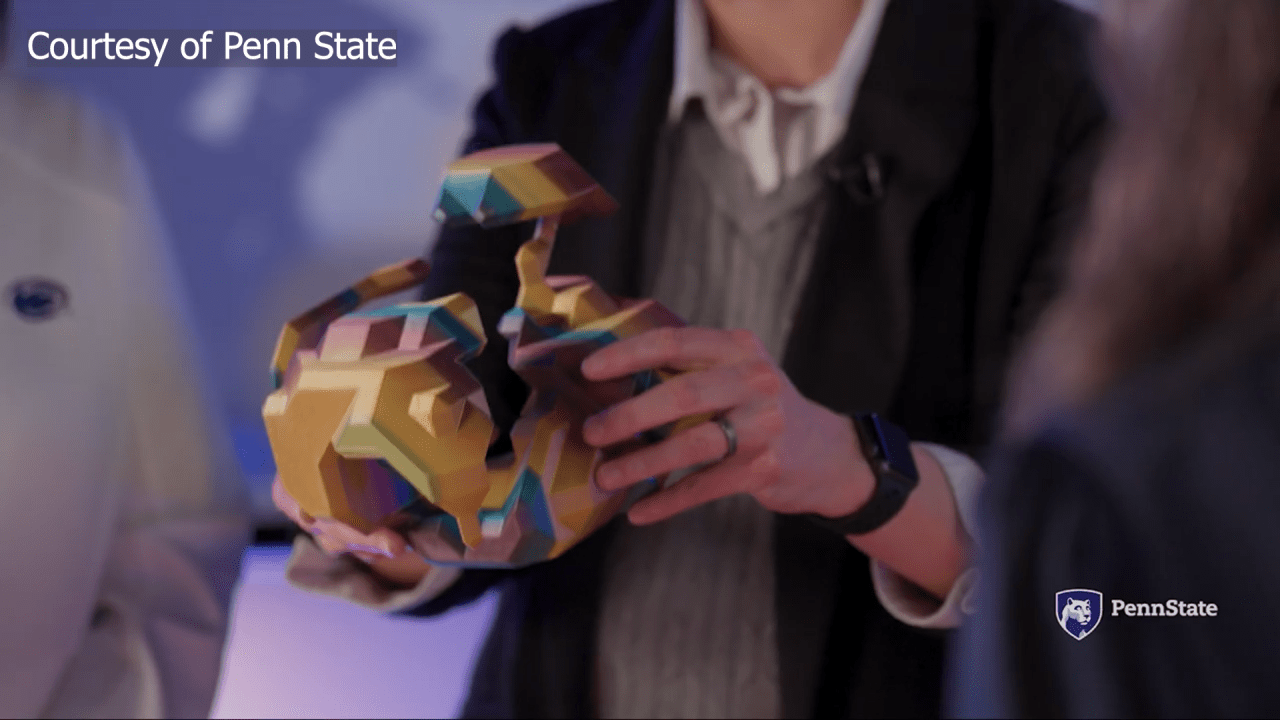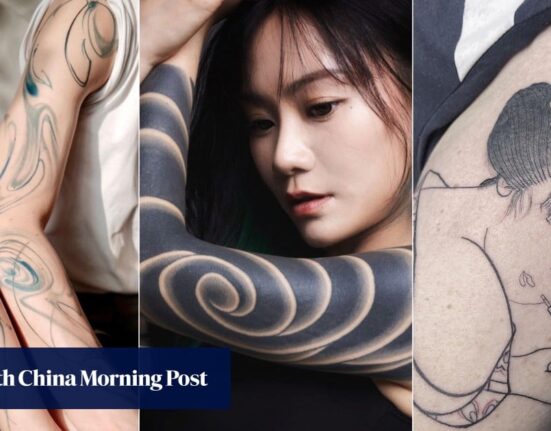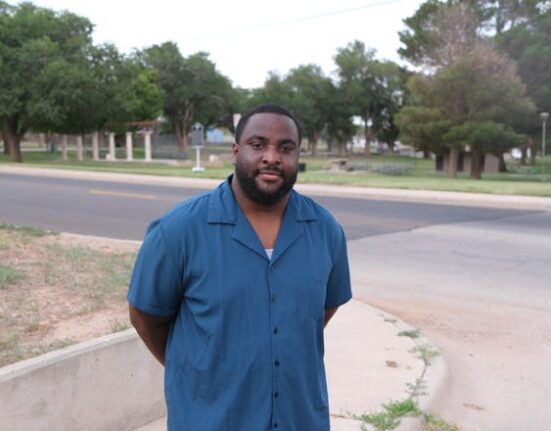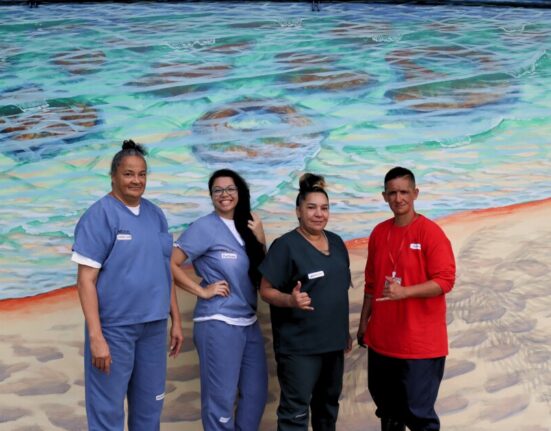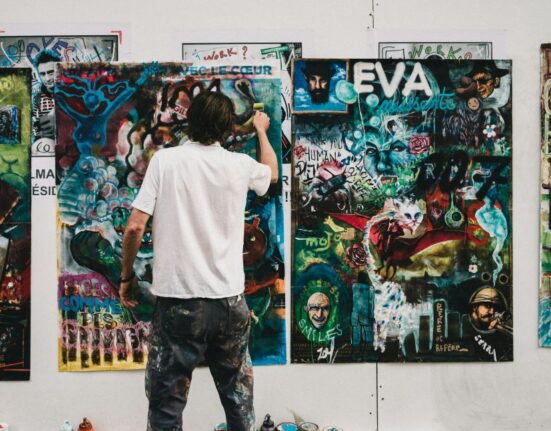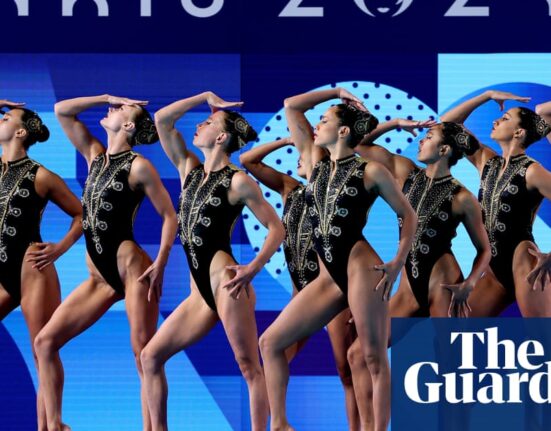UNIVERISITY PARK, Pa. (WTAJ) — Penn State is introducing a program designed to “create a bridge” between seeing and visually impaired artists using virtual reality.
Penn State Professor of Art Bonnie Collura began thinking about the ‘Together, Tacit’ project back in 2019 when she met a fellow artist who was visually impaired. This artist described Collura’s piece — but in a completely different way than Collura had envisioned it.
“It was clear she was visualizing form, but I could not access her visualization,” Collura said.
This fascinated her, so after a delay due to the COVID-19 pandemic, she brought the idea up to Penn State’s Learning Factory. Together, they theorized that using virtual reality would be the equalizer between the seeing and low-vision artists.
The core of the entire project? Collaboration.
Both the seeing and visually impaired artist are set up with a virtual reality headset. Then, the visually impaired artist receives a glove that simulates sculpting with haptic feedback. The seeing artist watches what their partner is creating and learns from it.
“A visually impaired person is really sort of going through the sensory movements of creating some sort of really unique sculpture while the the seeing artist is just simply watching and learning from from what they are creating,” Paul Mittan, professor of engineering at Penn State, said.
Although the glove is not ready for production yet, some students at the Clovernook Center for the Blind and Visually Impaired got the opportunity to create some work of their own — work that is now being displayed at the Cincinnati Contemporary Arts Center until the end of March 2024.
“They actually got to participate in the art creation process,” Samuel Foulkes, director of braille production & accessible innovation at Clovernook, said.
Get daily updates on local news, weather and sports by signing up for the WTAJ Newsletter
‘Together, Tacit’ is meant to spotlight what makes artists unique by allowing two people to create something together.
“Everybody brings valuable experience to the table, even if we don’t see it at first.”

